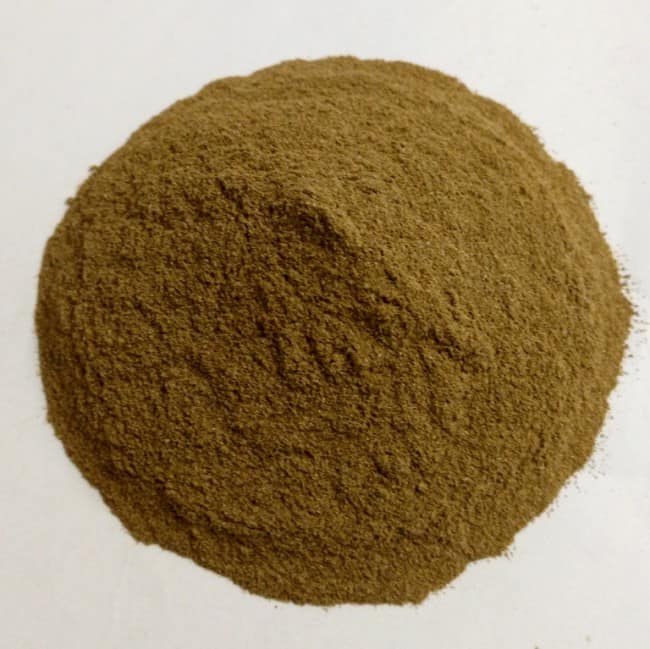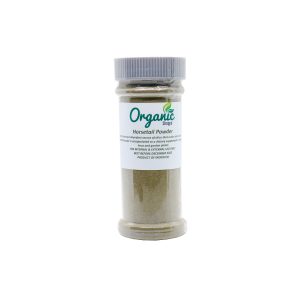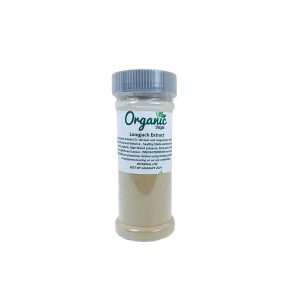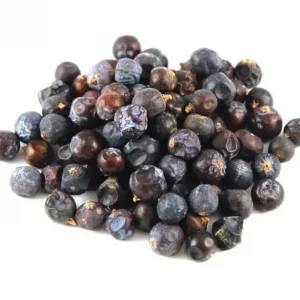Lemon balm (Melissa officinalis) also known as balm, common balm, or balm mint, is a perennial herbaceous plant in the mint family – Lamiaceae and native to south-central Europe, the Mediterranean Basin, Iran, and Central Asia, but now naturalized in the Americas and elsewhere.
Used to attract bees to make honey. It is also grown and sold as an ornamental plant. The essential oil is used as a perfume ingredient, but the plant has other culinary and medicinal uses. Lemon balm is also used in some toothpastes.
Medicinal Action and Uses
Analgesic: Lemon balms’ sedative and analgesic properties make it a favourite remedy for women having cramping, painful periods or any kind of stomach upset.
Antiviral: Lemon balm has antibacterial and antiviral properties, and like all of it’s mint family relatives, a cup of hot lemon balm tea induces perspiration to help break a fever making the herb useful for treating colds and flu. Lemon balm extracts are also effective against herpes, cold sores and mumps viruses.
Insect repellent: lemon balm is used as a topical insect repellent.
Nervine: Lemon balm is an aromatic mint with a venerable reputation for having calming properties. Lemon balm can be very helpful for those times when nerves, headaches and/or mild depression are preventing you from relaxing and getting good night’s sleep. Lemon balm is approved for nervous sleeping disorders.
Stomachic: used as a mild digestive aid. It is thought that the volatile oils in lemon balm contain chemicals that relax muscles, particularly in the bladder, stomach, and uterus, thereby relieving cramps, gas, and nausea.
Thyroid Problems: Lemon balm is used in Europe for treating thyroid problems and has shown an ability to regulate thyroid hormone production. This ability, along with the herbs anti-viral characteristics have made the herb useful in the treatment of Chronic Fatigue Syndrome.





